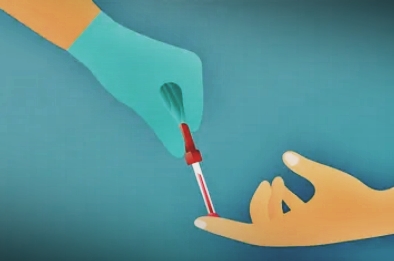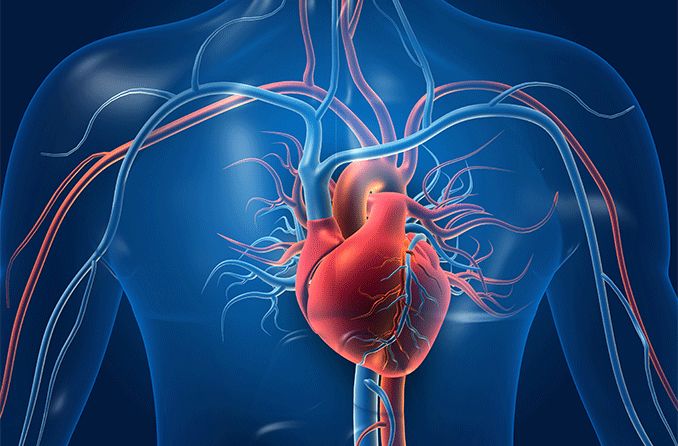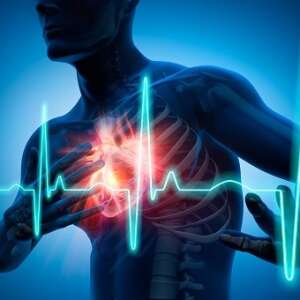The study involved analyzing blood samples collected in the late 1990s from over 6,200 middle-aged adults
A team of international researchers has developed a groundbreaking blood test that can predict the risk of about 30 age-related diseases, including lung cancer and heart disease, potentially decades before they develop.
The blood test works by measuring the biological age of different organs in the human body, offering insights into how quickly an organ is ageing compared to a person’s chronological age. This advancement could pave the way for personalized prevention and treatment strategies for age-related diseases.
The study, published in The Lancet Digital Health, was based on 20 years of follow-up data and demonstrated that organs age at different rates. For instance, a heart that aged faster than normal was linked to an increased risk of cardiovascular diseases, while accelerated lung ageing made individuals more prone to respiratory infections, chronic obstructive pulmonary disease (COPD), and lung cancer.
The research found that the immune system’s accelerated ageing was associated with a higher risk of dementia. Similarly, those with faster kidney ageing were more likely to develop vascular disease, type 2 diabetes, and liver diseases. The study also revealed that accelerated ageing across multiple organs could predict an increased risk of kidney disease.

“We know that our organs function as an integrated system, but they can age at different rates. Ageing in one organ can contribute to numerous age-related diseases, so it’s essential to care for all aspects of our health,” said lead author Professor Mika Kivimaki from University College London (UCL).
The study involved analyzing blood samples collected in the late 1990s from over 6,200 middle-aged adults. The team, which included researchers from UCL Brain Sciences, Stanford University (US), Inserm (France), and the University of Helsinki (Finland), measured the biological age of nine key organs: heart, blood vessels, liver, immune system, pancreas, kidneys, lungs, intestines, and the brain.
By comparing participants’ chronological age to the biological age of each organ, the researchers identified that organs often aged at different rates, even in the same individual. Over the 20-year follow-up period, the participants, who were aged 65-89 by the study’s conclusion, experienced age-related diseases such as cardiovascular issues, diabetes, and lung diseases.
Professor Kivimaki believes this research could help revolutionize healthcare. “In the future, age-related disease prevention could start much earlier, focusing on those who are most at risk and tailoring interventions to individual needs,” he explained. The blood test could also serve as an early-warning signal, advising individuals to take better care of specific organs to prevent potential diseases.
This new development underscores the importance of organ-specific ageing, offering hope for early interventions that could extend healthy lifespans. As research progresses, the test may become a standard part of medical assessments, helping to predict and prevent age-related diseases before they fully manifest.














